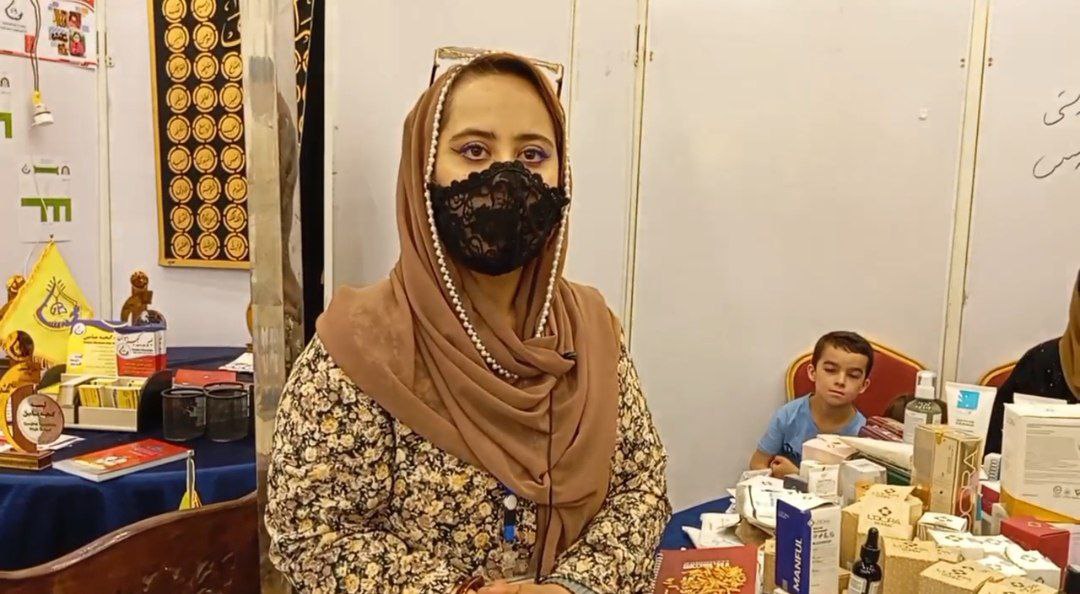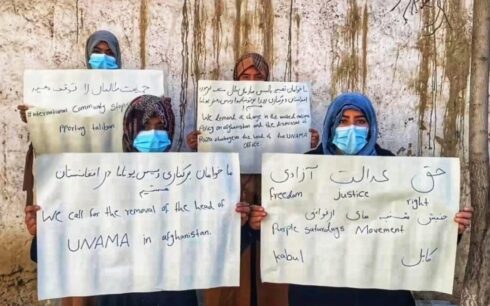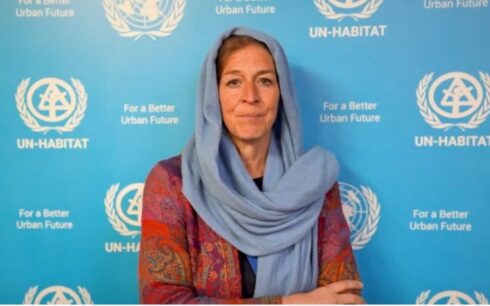KABUL, Afghanistan — Female entrepreneurs in Afghanistan say that increasingly harsh restrictions imposed by the Taliban are crippling their businesses, making it difficult to sustain their livelihoods and participate in the economy.
During the “Victory and Economic Progress of Afghanistan” exhibition on Saturday, where 310 entrepreneurs and industrialists gathered, many of the female participants voiced frustration over the Taliban’s stringent rules. Chief among their concerns is the requirement for women to travel with a male guardian, even for short distances, which they argue has drastically increased travel costs and limited their ability to engage in business activities.
“When they [the Taliban] don’t want us to come here without a male guardian and don’t allow us to come alone, we want them to remove this mindset. Here, all the participants are women. We want women to be able to come and participate without a male guardian,” said Roqia, one of the entrepreneurs at the event.
About 200 female entrepreneurs showcased their products, including handmade crafts, embroidery, and clothing, but many reported that rising costs and declining sales are threatening their businesses. “The rent is very high; it’s very difficult. We don’t have any sales. We rely on God!” said Nilofar, another entrepreneur.
Farida, an economics graduate who started her business in 2021, noted that the Taliban’s restrictions are hindering women’s progress. “These restrictions must be lifted so that women can grow, stand on their own feet, and showcase their talents. Women work hard to reach a position, but these restrictions prevent their progress,” she said.
A recent UN report highlights the severe challenges Afghan women entrepreneurs face, including deep discrimination and a weakened financial system, which has forced 41% of them to seek loans just to keep their businesses running.
The concerns expressed at the exhibition underscore the broader impact of the Taliban’s policies on women’s economic participation, as they struggle to maintain their businesses under an increasingly repressive regime.





